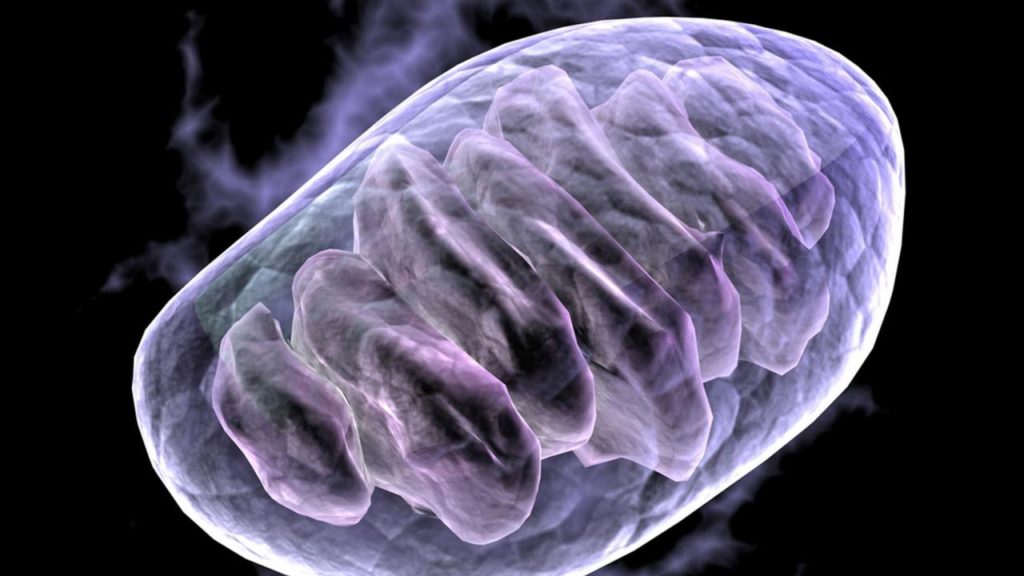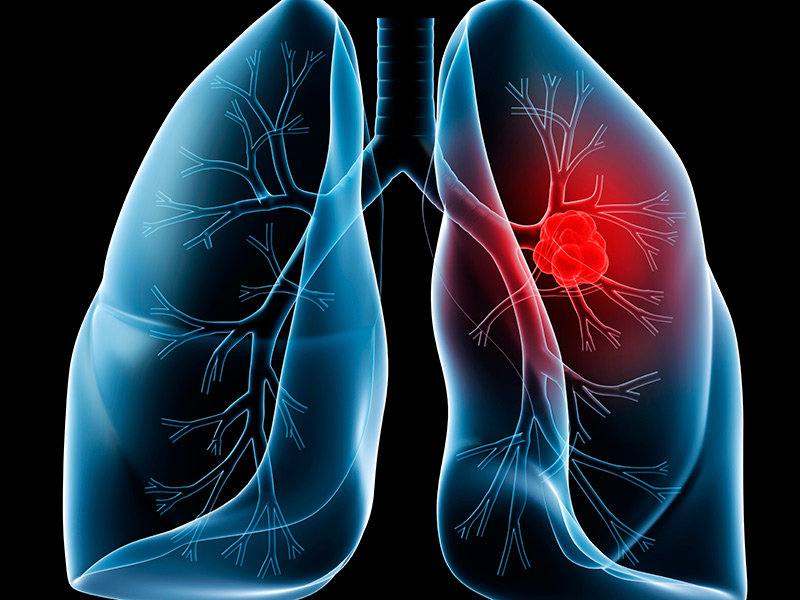In this blog post, I would like to discuss lung cancer, as well as cancer overall and Fucoidan benefit. In my previous article, I had explained regarding the fucoidan research and lung cancer along with fucoidan induce apoptosis initiating caspase family. Now, I will share another way to exert the therapeutic effect of fucoidan on cancer.
I believe preventing and inhibiting any cancer, including lung cancer, by using fucoidan as a dietary supplement is very important for therapeutic approach and prevention.
One cause of cancer is the oxidation of the body. Scientists think oxidation damages mitochondria and cause cancer due to mitochondrial dysfunction. However, by using fucoidan the mitochondrial function can enhance and protect itself for dysfunction or damage.
PGC-1α is a member of a family of transcription coactivators that plays a central role in the regulation of cellular energy metabolism. PGC1α can also modulate the composition and functions of individual mitochondria. Therefore, it is emerging that PGC1α is controlling global oxidative metabolism. Fucoidan up-regulated significantly PGC-1α and NRF2 expression. The results indicate that the up-regulation of PGC-1α and NRF2 protein expression may contribute to the protective effect of fucoidan on mitochondrial function.
Reference: NRF2 regulates the expression of antioxidant proteins that protect against oxidative damage triggered by injury and inflammation.
As you know, mitochondria play a central role in the induction and control of apoptosis. Therefore when mitochondria are damaged, they cannot induce apoptosis. Apoptosis is a representative form of programmed cancer cell death. JNK, p38, and ERK 1/2 (these regulate apoptosis) have essential roles in modulating the function of the mitochondrial pro- and anti-apoptotic proteins. ROS are the byproducts of normal cellular oxidative processes and have been suggested to be involved in regulating the initiation of apoptotic signaling. Increased levels of ROS have been demonstrated to induce depolarization of the mitochondrial membrane, which eventually produces an increase in the level of other pro-apoptotic molecules in cells.
Reference: NRF2 regulates the expression of antioxidant proteins that protect against oxidative damage triggered by injury and inflammation.
As you know, mitochondria play a central role in the induction and control of apoptosis. Therefore when mitochondria are damaged, they cannot induce apoptosis. Apoptosis is a representative form of programmed cancer cell death. JNK, p38, and ERK 1/2 (these regulate apoptosis) have essential roles in modulating the function of the mitochondrial pro- and anti-apoptotic proteins. ROS are the byproducts of normal cellular oxidative processes and have been suggested to be involved in regulating the initiation of apoptotic signaling. Increased levels of ROS have been demonstrated to induce depolarization of the mitochondrial membrane, which eventually produces an increase in the level of other pro-apoptotic molecules in cells.
Mitochondria are the energy factories of the cells. They convert glucose into energy. Cancer cells exhibit increased glycolysis and use this metabolic pathway to ATP as the main source of their energy supply. Glucose deprivation is known to result in depletion of cellular ATP, and this depletion can cause cell death. Moreover, cellular glucose uptake is related to the sensitivity of the drug; the reduction in ATP depletion might reflect the sensitivity of fucoidan in cancer cells. It is also possible that the decreased ATP is attributable to the cell death induced by fucoidan, as plasma membrane damage renders ATP completely undetectable. Together, these data suggest that fucoidan impacts intracellular ATP concentration. I think by the future study focused on this observation will improve our understanding of the cellular metabolic signals that induce and effect fucoidan-mediated cell death. (https://www.ncbi.nlm.nih.gov/pmc/articles/PMC6065300/ )

